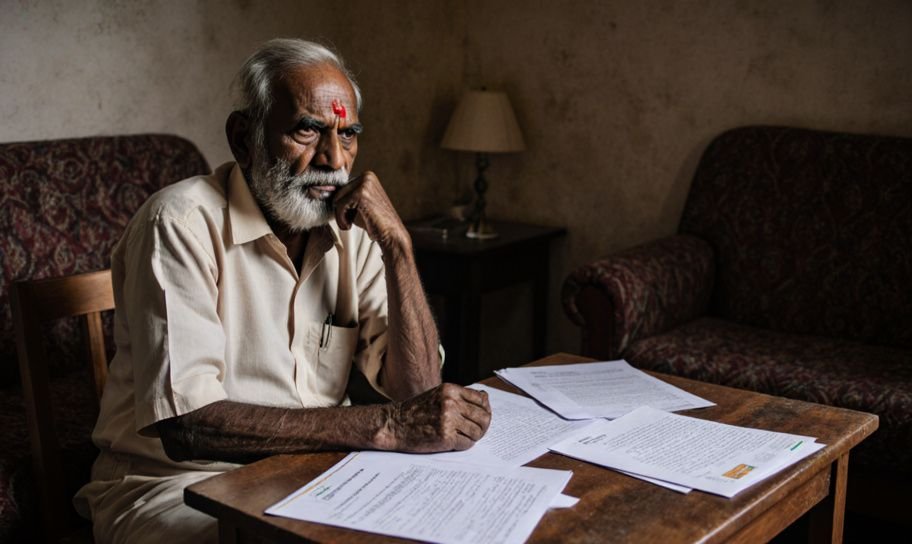
Quick Summary: A 71-year-old man, Ambati Mallaiah, challenged a decision to cancel only one of two gift deeds he made for his son and grandson. The court has ordered a re-evaluation of the decision.
Ambati Mallaiah, the person bringing the case, is an older man from Sangareddy District. He had given two gifts: one in 2015 to his grandson, Ambati Chandu, and another in 2021 to his son, Ambati Veeresham. Later, Ambati Mallaiah wanted to cancel both gifts under the law that protects parents and older people.
The local government official of Sangareddy, Ambati Veeresham, canceled the 2021 gift but did not cancel the 2015 gift. Ambati Mallaiah was unhappy with this partial cancellation and asked for a review.
"Feeling upset by the decision not to cancel the other Gift Settlement Deed... Ambati Mallaiah has asked for a review."
Ambati Mallaiah's request was sent to the District Collector. However, instead of dealing with the request, the District Collector told Ambati Mallaiah to go back to the local government official for a fix, which isn't allowed under the rules.
"Instead of deciding the request... The District Collector asked Ambati Mallaiah to go to Ambati Veeresham for a fix."
Judge K. Lakshman found the process to be wrong and unfair. The court canceled the decisions made by the District Collector and Ambati Veeresham and told the District Collector to properly handle Ambati Mallaiah's request within 30 days.
"Both the decisions... are canceled and accordingly, they are canceled."
The court stressed the need for speed due to Ambati Mallaiah's age and ordered that everyone involved be informed and given a fair chance to explain their side. The court's decision shows how important it is to follow the rules and protect the rights of older people.
This case shows the legal protections available to older people and the need for authorities to follow the rules.